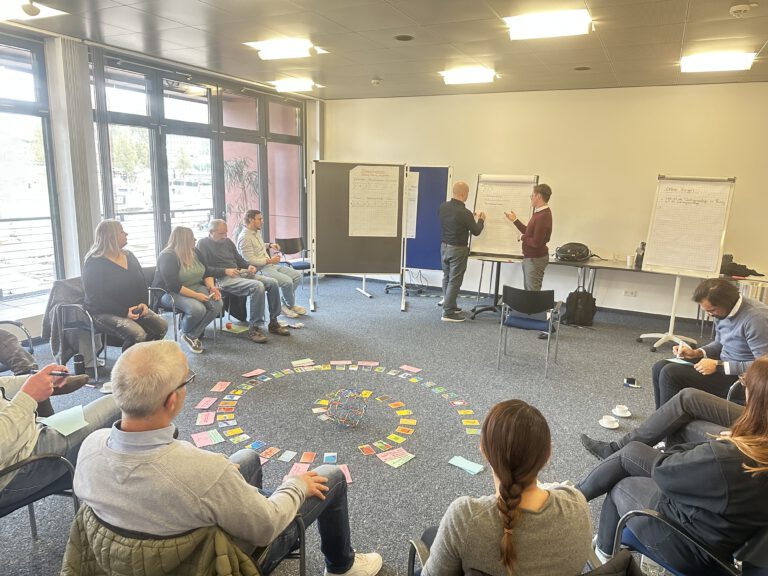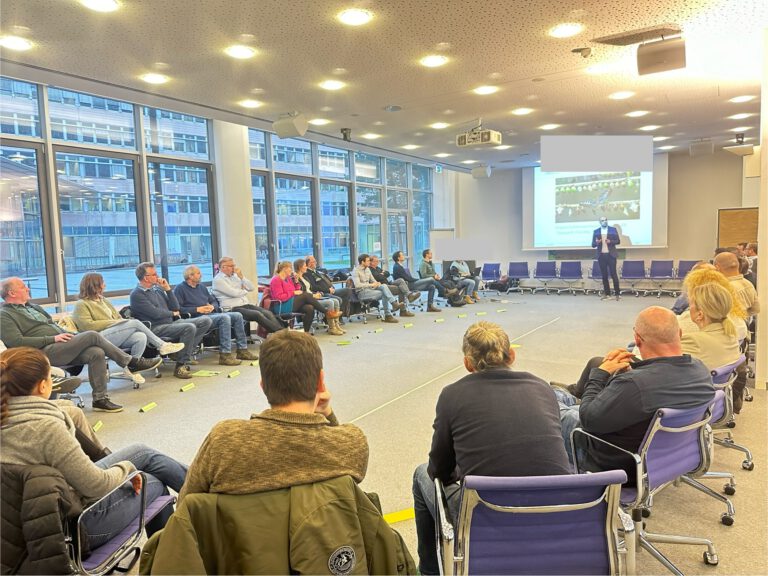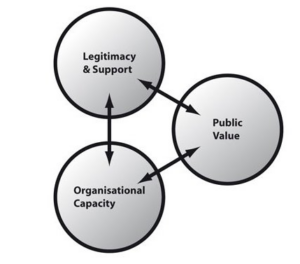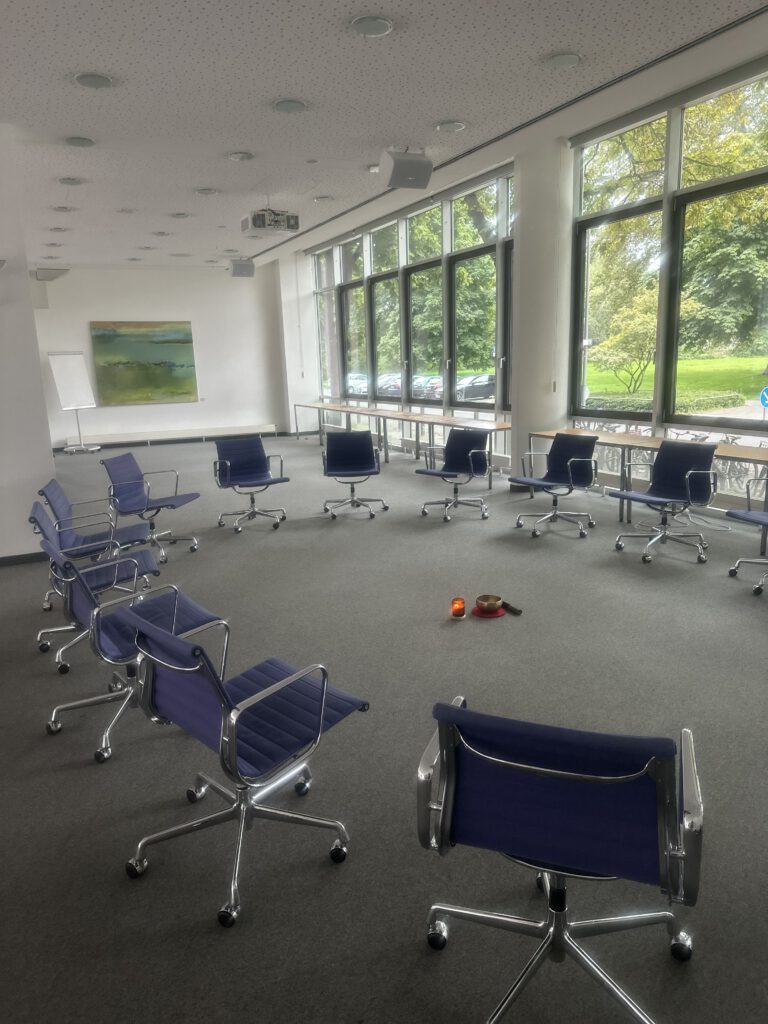“The path to introducing modern facility management was an extremely complex change process that involved many stakeholders in the administration, schools and cultural institutions. I deliberately opted for multi-stakeholder processes in order to bring all the relevant representatives together regularly and develop solutions together. The effort was more than worth it – the administration has grown closer with its stakeholders and a much greater mutual understanding has been developed, the solutions have been mutually understood and accepted and all of this has improved cooperation in the long term.”
Head of department of a public authority

Multi-stakeholder processes become particularly relevant when complex, multi-layered problems do not offer simple solutions and affect several interest groups. They often require action beyond the boundaries of a team, department or even organization. Typical topics include environmental and climate protection, social justice, technological innovations or far-reaching structural and identity-defining changes in organizations.
These challenges are characterized by competing interests, conflicting goals and a multitude of perspectives. Organizations are increasingly recognizing that traditional approaches to such issues are often not sufficient to achieve satisfactory results.

A good, participation-oriented multi-stakeholder process helps to reconcile the various, sometimes conflicting interests, promote constructive dialog and at the same time develop viable solutions.
It requires excellent moderation, transparent communication and the creation of trust to ensure that all voices are heard and that sustainable results can be achieved together.
A crucial success factor for the success of such processes is not to push for agreement too quickly. Experience shows that agreements based on lazy compromises are more likely to be broken later on. We therefore do not pressure anyone to reach an agreement.
Instead, we invite dissent to learn more about the important concerns of everyone involved. We continuously integrate what we hear until we find a solution that everyone can live with.

The quickest way to find out how to make your multi-stakeholder a success?
A introductory meeting of 90 minutes!
Simply write to info@innersync.de!
We will get back to you as soon as possible!

Our multi-stakeholder processes are designed for
We support you in the planning, implementation and evaluation of
participation processes, focus groups and panels – in person, hybrid or online.
We offer customized solutions for every step of your multi-stakeholder process


The Strategic Triangle by Mark Moore, Professor at the Harvard Kennedy School, is a model for strategic leadership in public organizations. It combines three central aspects:
The interaction of these elements is crucial for the sustainable success of public strategies.
Methods used in the multi-stakeholder process – a selection:
